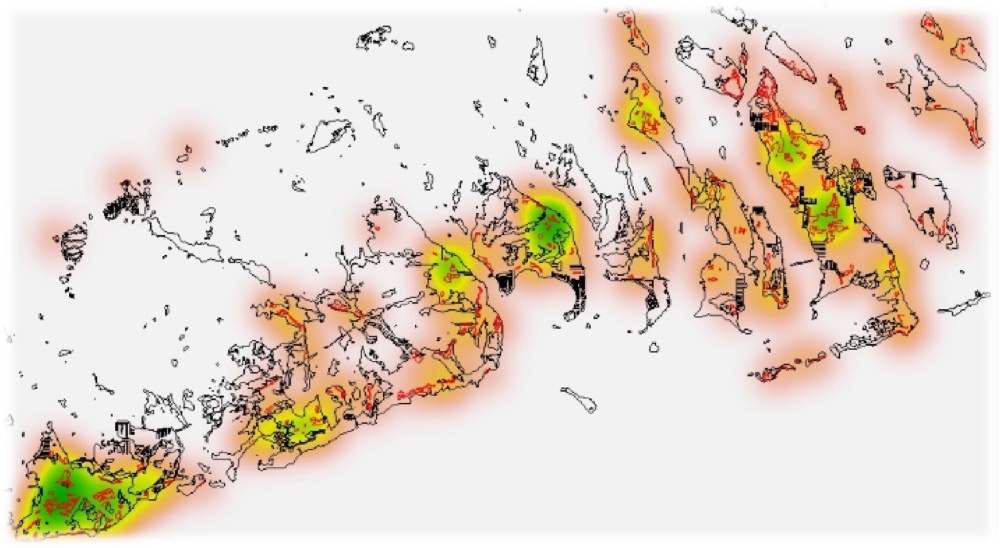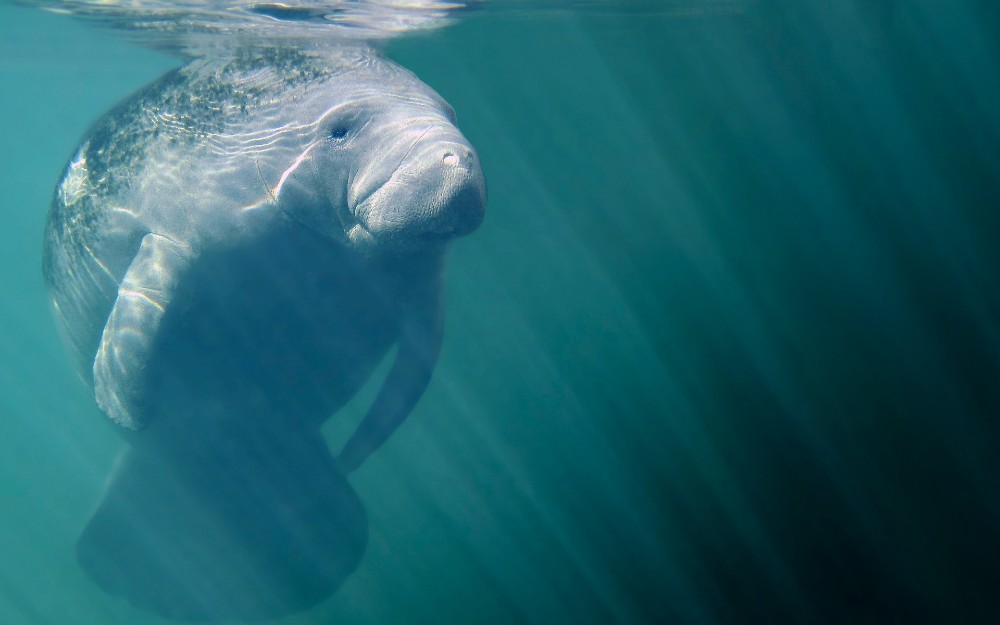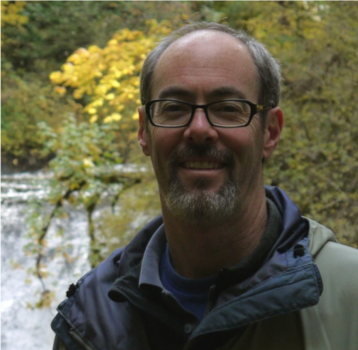*** This course is full and registration is now clossed ***
This virtual course will focus on the theory, concepts and practice of decision analytic methods in natural resource management. The course will provide an introduction to the requisite components of a formal decision analysis, including:
- Problem framing
- Establishing quantifiable objectives
- Specifying a set of decision alternatives
- Employing models to predict the outcomes of each proposed alternatives
- Conducting a tradeoff analysis or optimization to select the best identified course of action
- Adaptive management
Additional topics may include the appropriate role of monitoring in a decision context, further detail on how adaptive management can address uncertainty and learning for dynamic resource problems, and performing value of information (VOI) analyses.
The course will include exercises to reinforce concepts and, time permitting, participants may be able to work in small groups on decision problems to apply knowledge gained to address real management problems.


Who Is This Course For?
This is an introductory course designed for scientists and graduate students in the natural resources interested in the application of their research to effective decision making, as well as resource managers interested in working with scientists to better integrate science into decision making.
Both groups (science producers and science users) will benefit by learning from the other’s perspective when engaging in future decision processes. By the end of this short course, participants will understand the basics of decision problem framing, recognize major classes of decisions, and be able to identify appropriate analytic approaches to guide recommendations. We will discuss the roles of uncertainty, risk, dynamical systems, tradeoffs and optimization.
No prior knowledge of decision science or quantitative methods in wildlife and ecology are needed.
Participants are expected to have a strong interest and curiosity in the role of science in the context of conservation and natural resource management, including aspects of social science (e.g., economics), behavioral psychology, facilitation, and stakeholder engagement. Experience with modeling, probability theory, statistics and estimation, or other quantitative skills will be a benefit. Most exercises will be done in excel, but participants experienced in R will receive additional scripts and tools. Knowledge in R is not a requirement, the additional scripts are only meant for experienced R users as there will be no-trouble shooting of R scripts.
Information
This course will be offered through live Zoom sessions. Sessions will last 2 hours, with the first hour consisting of instructional lectures, and the second hour devoted to hands-on exercises.
Duration: 5 weeks
Class day: Tuesdays, 5-7 p.m. EST
Dates: 10/20, 10/27, 11/03 (election day, no class), 11/10, 11/17, 11/24
Fees and Discount:
Graduate Students
- Early-bird price (until September 15): $60
- Regular price: $80
Professional and Faculty
- Early-bird price (until September 15): $80
- Regular price: $120
Enrollment deadline: Oct 6th
Limited enrollment: 30 participants
Important: If you are not currently a graduate student, conservation professional or faculty please contact the organizers before enrolling. This course is not open to undergraduate students. Your enrollment will only be finalized and your spot guaranteed once you have completed payment. FIU facuty should contact the Institute of Environment before enrolling.


Instructors
Julien Martin
USGS, Wetland and Aquatic Research Center
Julien Martin is a Research Wildlife Biologist at the US Geological Survey's Wetland and Aquatic Research Center. He obtained a Ph.D. in the department of Wildlife Ecology and Conservation at the University of Florida. He is a courtesy faculty: (1) in the Department of Wildlife Ecology and Conservation at the University of Florida; and (2) in the College of Marine Science at the University of South Florida. His expertise includes: ecological modeling, population dynamics and the application of decision theory to natural resource management.

Mitchell J. Eaton
USGS, Southeast Climate Adaptation Science Center
Mitch Eaton is a Research Ecologist with the USGS Southeast Climate Adaptation Science Center. He is based at North Carolina State University where he holds a faculty appointment with the Department of Applied Ecology. Dr. Eaton’s research focuses on using models to understand spatial and temporal variation of species and habitats. His second area of research is using decision science methods to assist resource managers with information to help make better decisions for trust responsibilities under uncertainty while accounting for competing societal values. Additional interests and background include vertebrate conservation in African and Neo-tropical forests, population demographic modeling, population genetics and systematics. He earned his Ph.D. (2009) in Ecology and Evolutionary Biology from the University of Colorado, studying African crocodile ecology and conservation.
Contact
Cristina Gomes, PhD
Assistant Director, Tropical Conservation Institute
tci@fiu.edu

